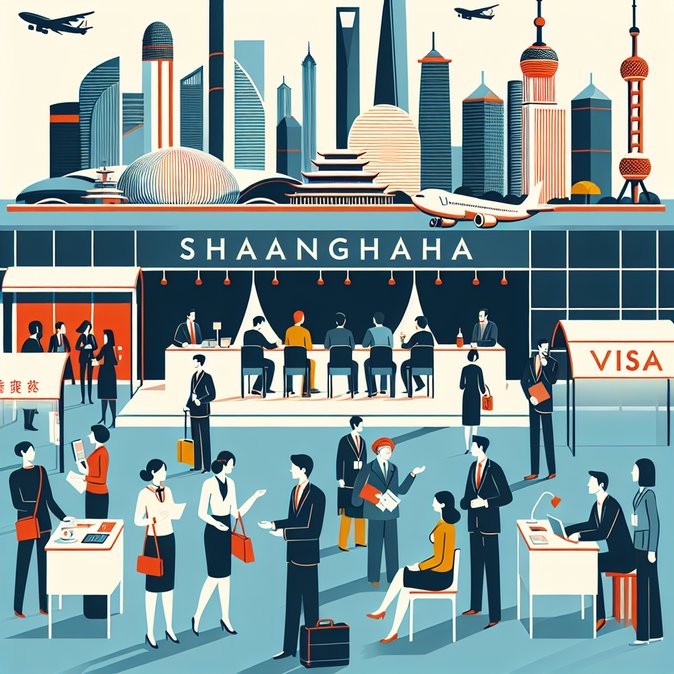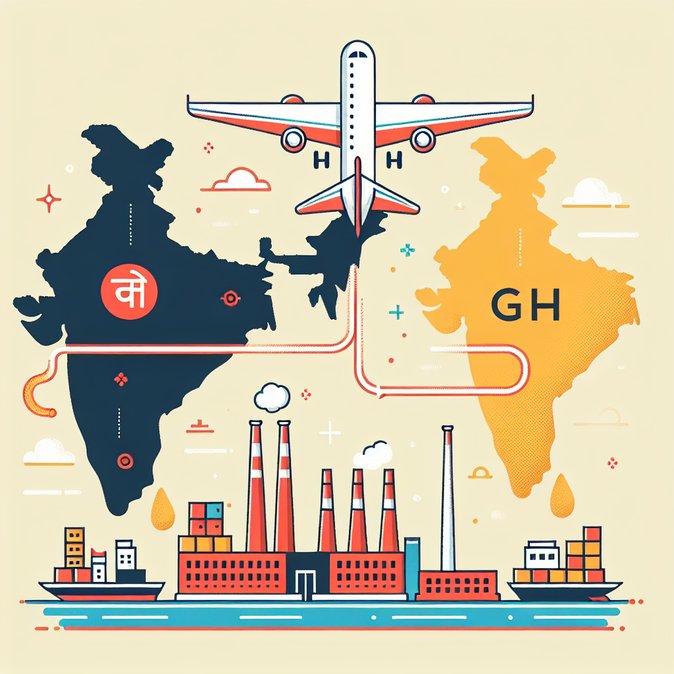
Shanghai wrapped up the eighth edition of the China International Import Expo (CIIE) on Monday night with headline numbers that speak to China’s post-pandemic reopening: 155 countries and regions represented, 290 Fortune 500 exhibitors and 461 first-time product debuts. More telling for mobility managers, however, was how the National Immigration Administration stress-tested new facilitation measures.
Exhibitors from 18 newly visa-exempt countries entered on the unilateral 30-day waiver Beijing extended last week, while hundreds more used the expanded 240-hour transit-visa program through Hong qiao, Pudong and five freshly designated land and rail ports. Organisers arranged a “green lane” at both Shanghai airports, allowing badge-holding exhibitors to complete health declarations and baggage checks in under 15 minutes.
![Record Overseas Participation at 8th China International Import Expo Highlights Eased Entry Schemes]()
Foreign Ministry spokesperson Lin Jian told Tuesday’s regular press briefing that intended deals signed at the show hit US$83.4 billion, up 9 percent year-on-year, “thanks in no small part to smoother human-mobility channels.” The city’s Public Security Bureau confirmed that no exhibitor reported entry-related delays, and on-site visa-extension counters processed 412 applications, double last year’s figure.
For global companies sending staff to the 2026 event, HR teams should note that CIIE badges will again double as temporary residence permits and subway travel cards. Hotels inside the National Exhibition and Convention Center perimeter have also been designated “fast-track lodgings,” waiving the in-person police registration requirement.
Analysts view the expo’s seamless arrivals process as a real-world pilot for China’s longer-term goal of matching Singapore’s Changi-style “one-stop arrival” before the 2030 World Expo bid.
Exhibitors from 18 newly visa-exempt countries entered on the unilateral 30-day waiver Beijing extended last week, while hundreds more used the expanded 240-hour transit-visa program through Hong qiao, Pudong and five freshly designated land and rail ports. Organisers arranged a “green lane” at both Shanghai airports, allowing badge-holding exhibitors to complete health declarations and baggage checks in under 15 minutes.

Foreign Ministry spokesperson Lin Jian told Tuesday’s regular press briefing that intended deals signed at the show hit US$83.4 billion, up 9 percent year-on-year, “thanks in no small part to smoother human-mobility channels.” The city’s Public Security Bureau confirmed that no exhibitor reported entry-related delays, and on-site visa-extension counters processed 412 applications, double last year’s figure.
For global companies sending staff to the 2026 event, HR teams should note that CIIE badges will again double as temporary residence permits and subway travel cards. Hotels inside the National Exhibition and Convention Center perimeter have also been designated “fast-track lodgings,” waiving the in-person police registration requirement.
Analysts view the expo’s seamless arrivals process as a real-world pilot for China’s longer-term goal of matching Singapore’s Changi-style “one-stop arrival” before the 2030 World Expo bid.


